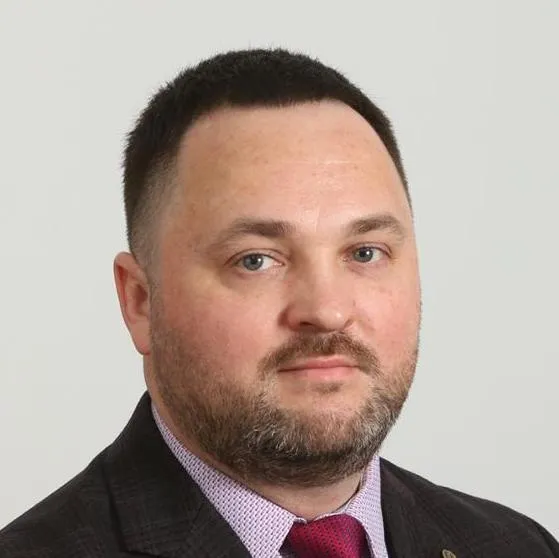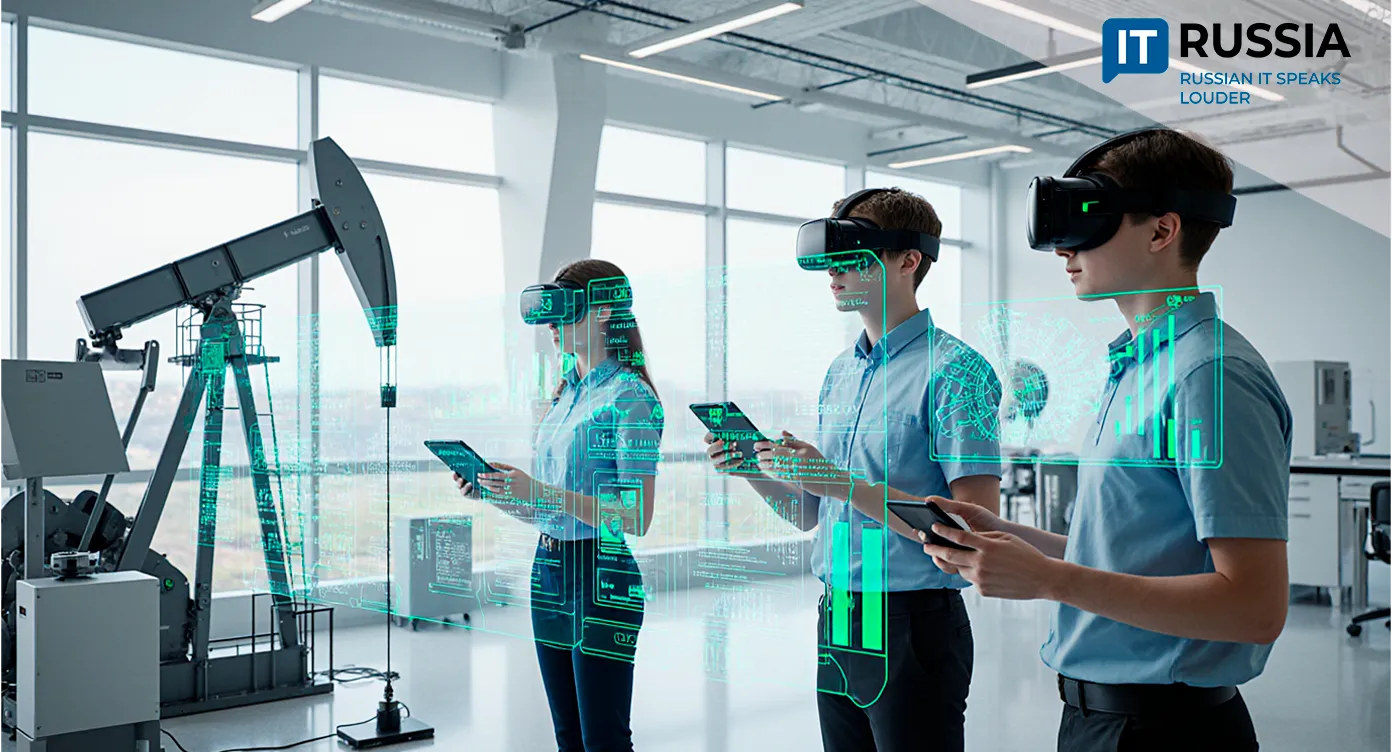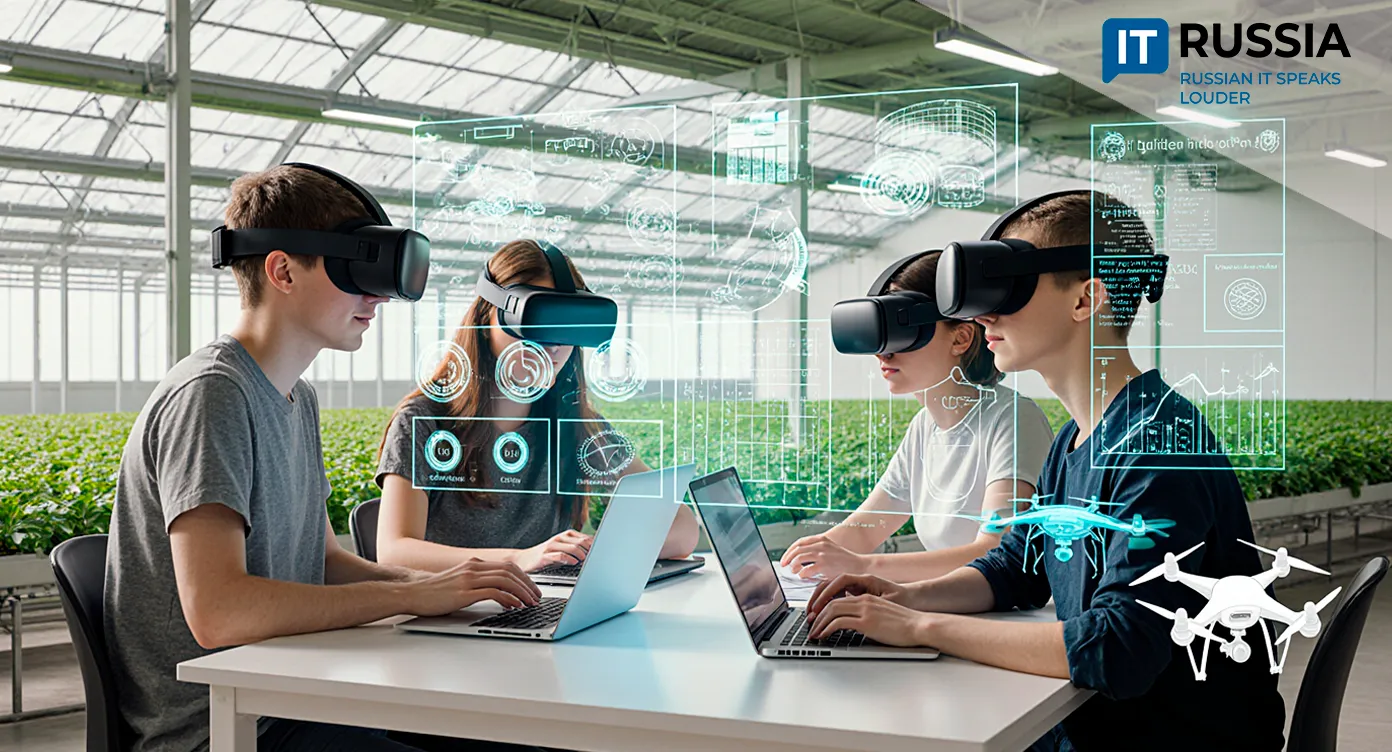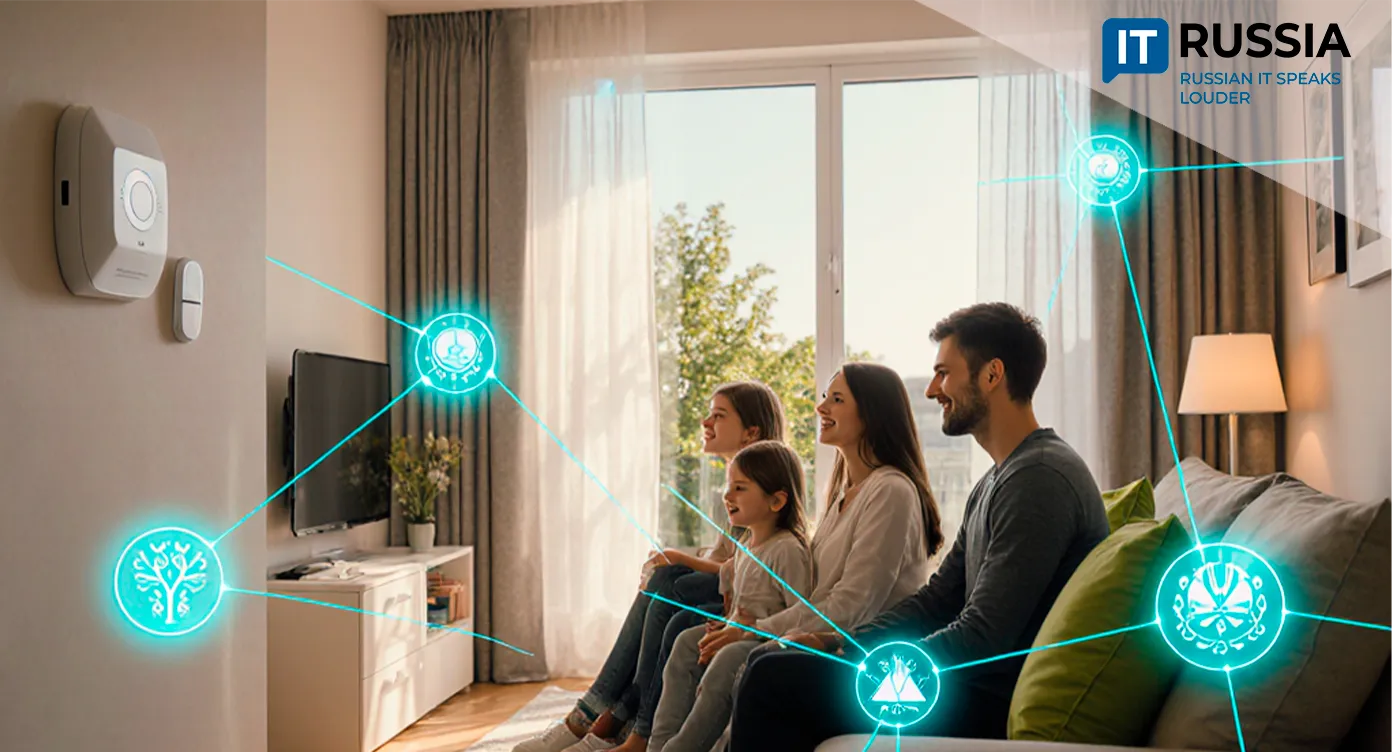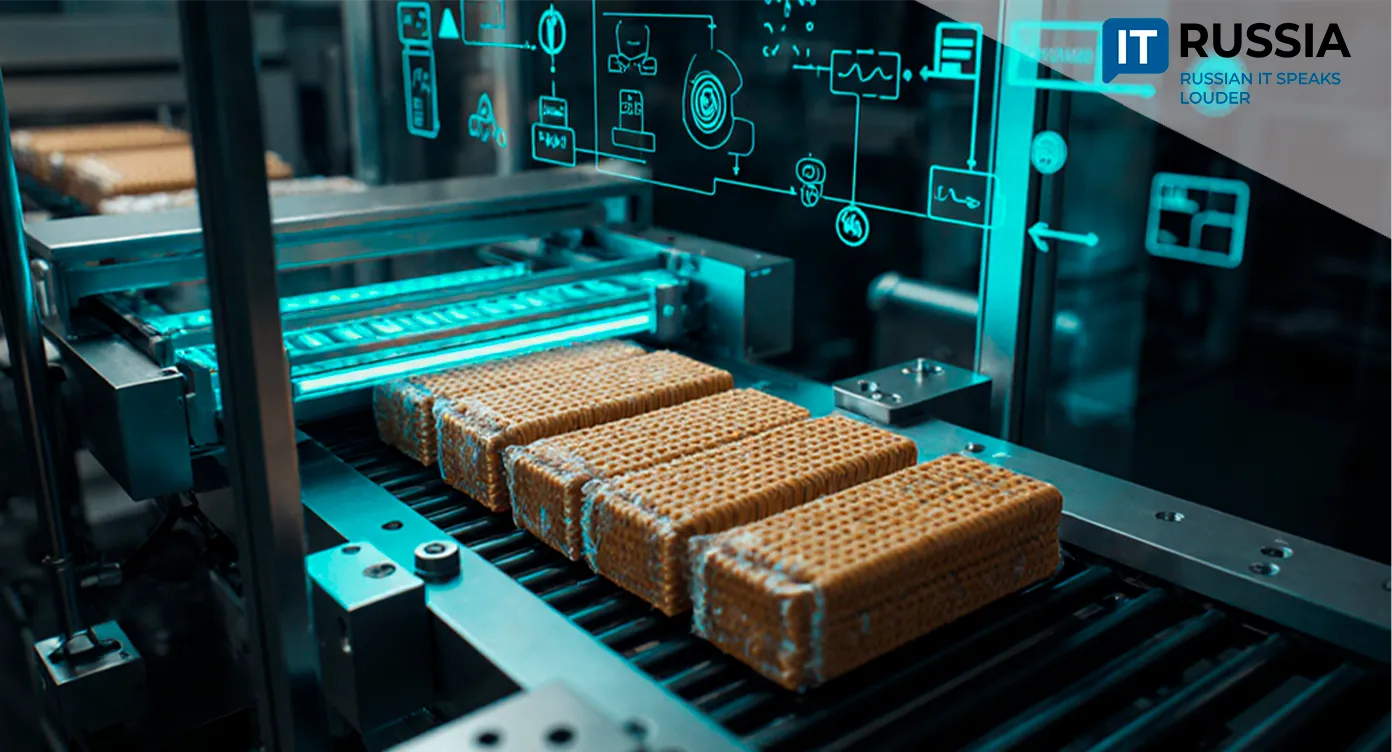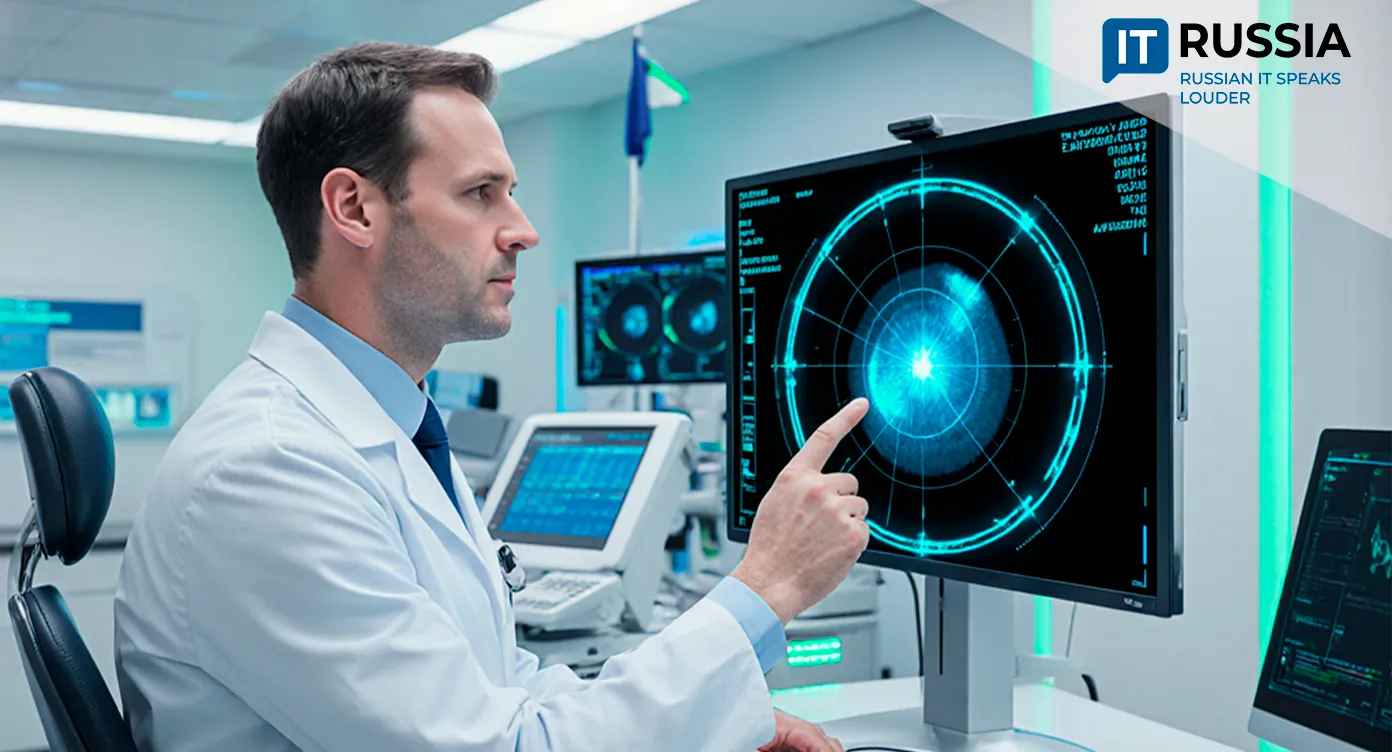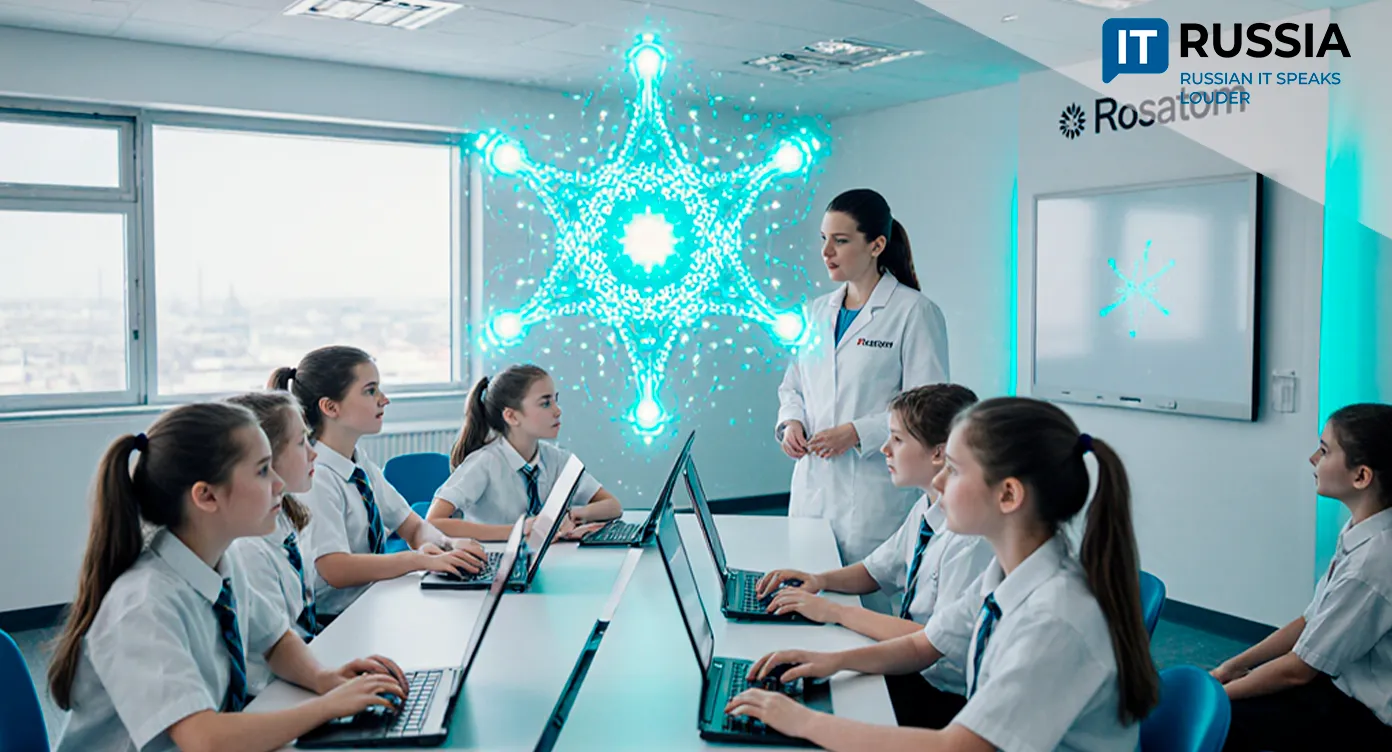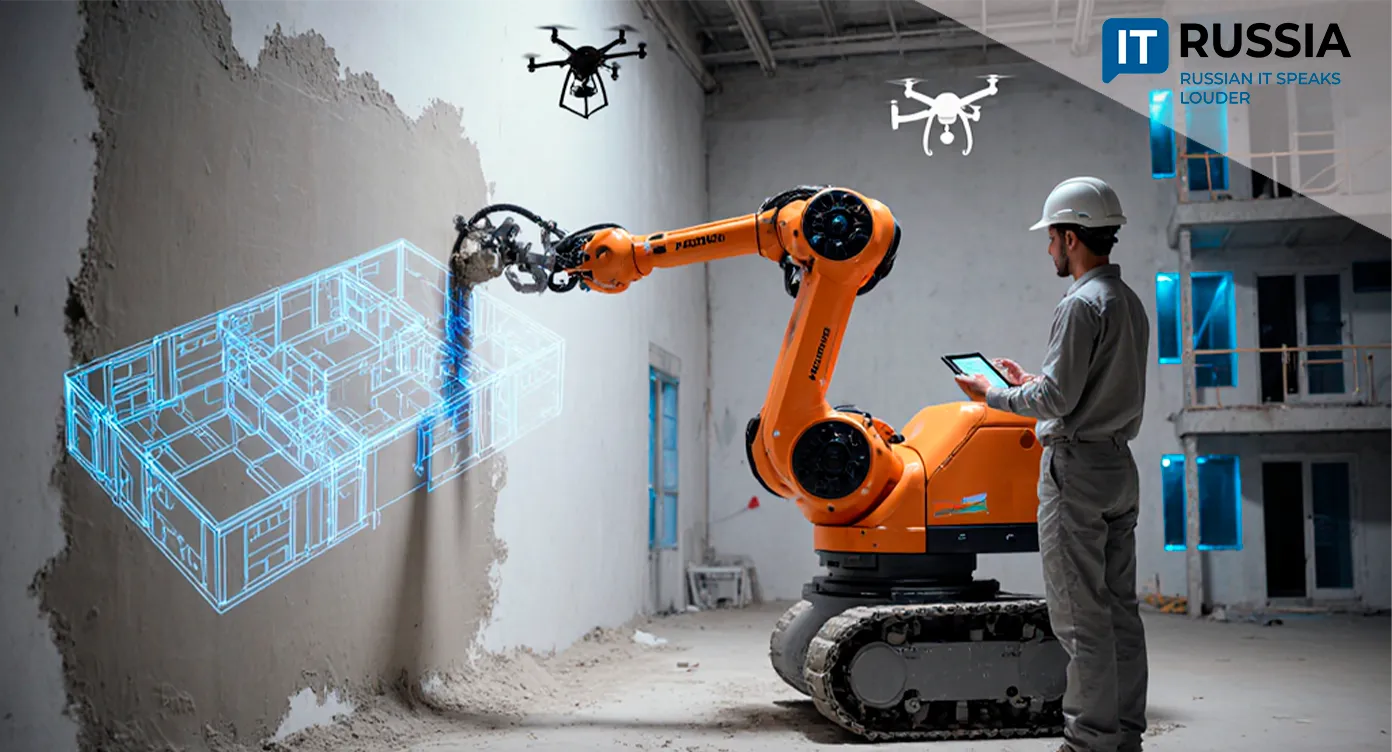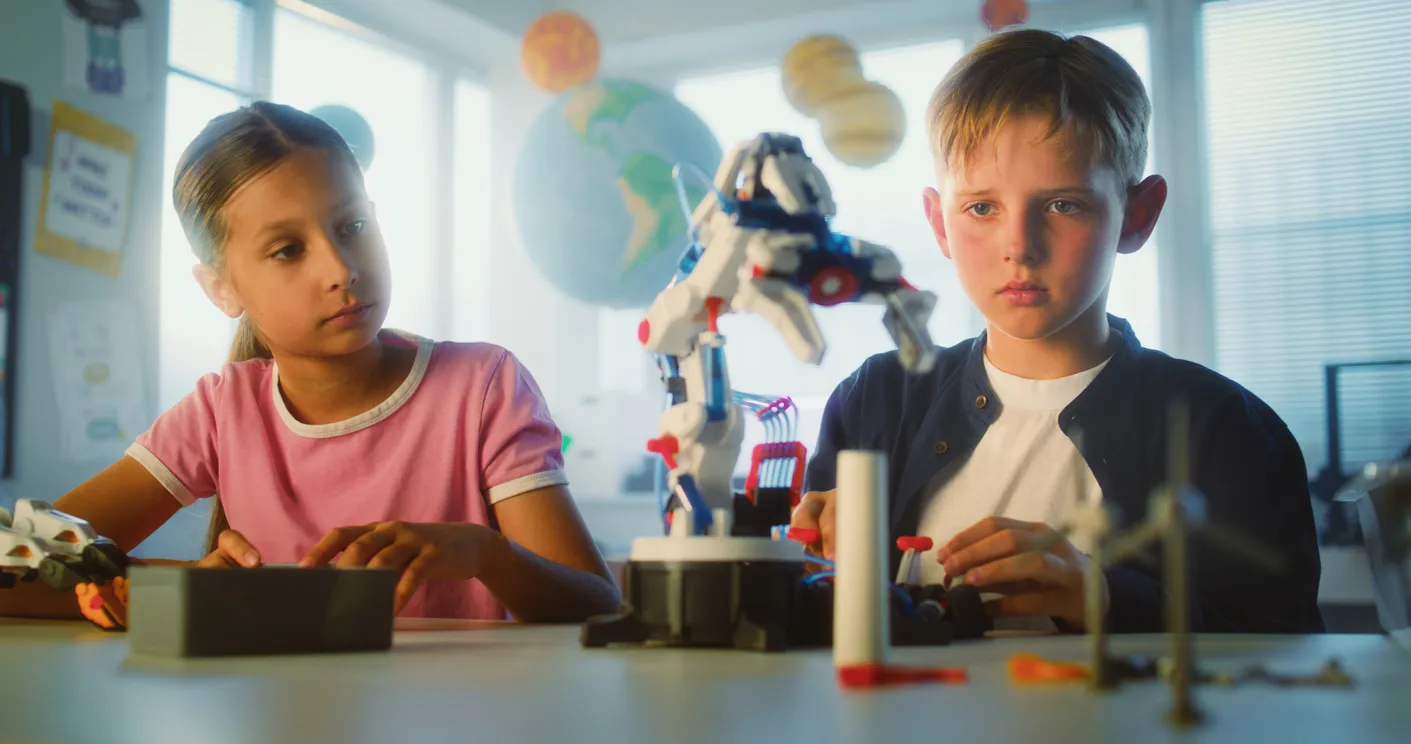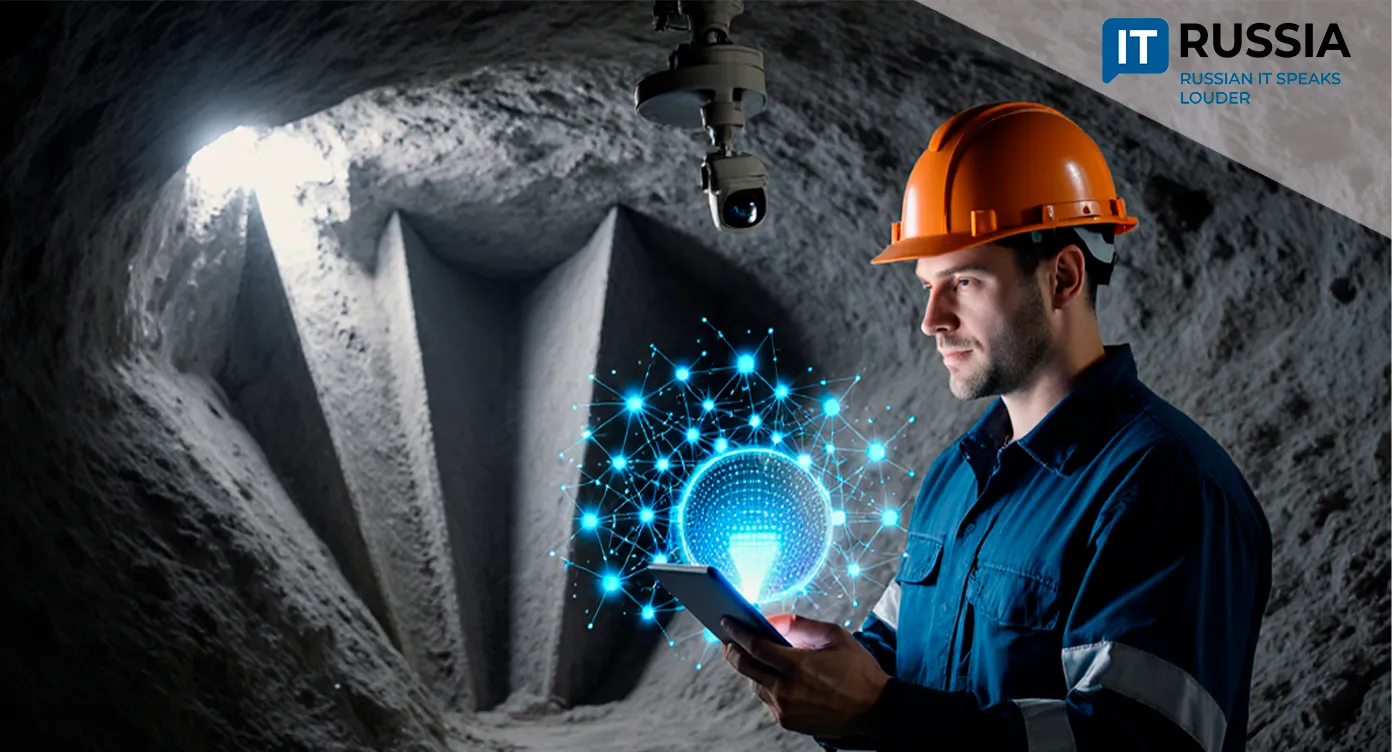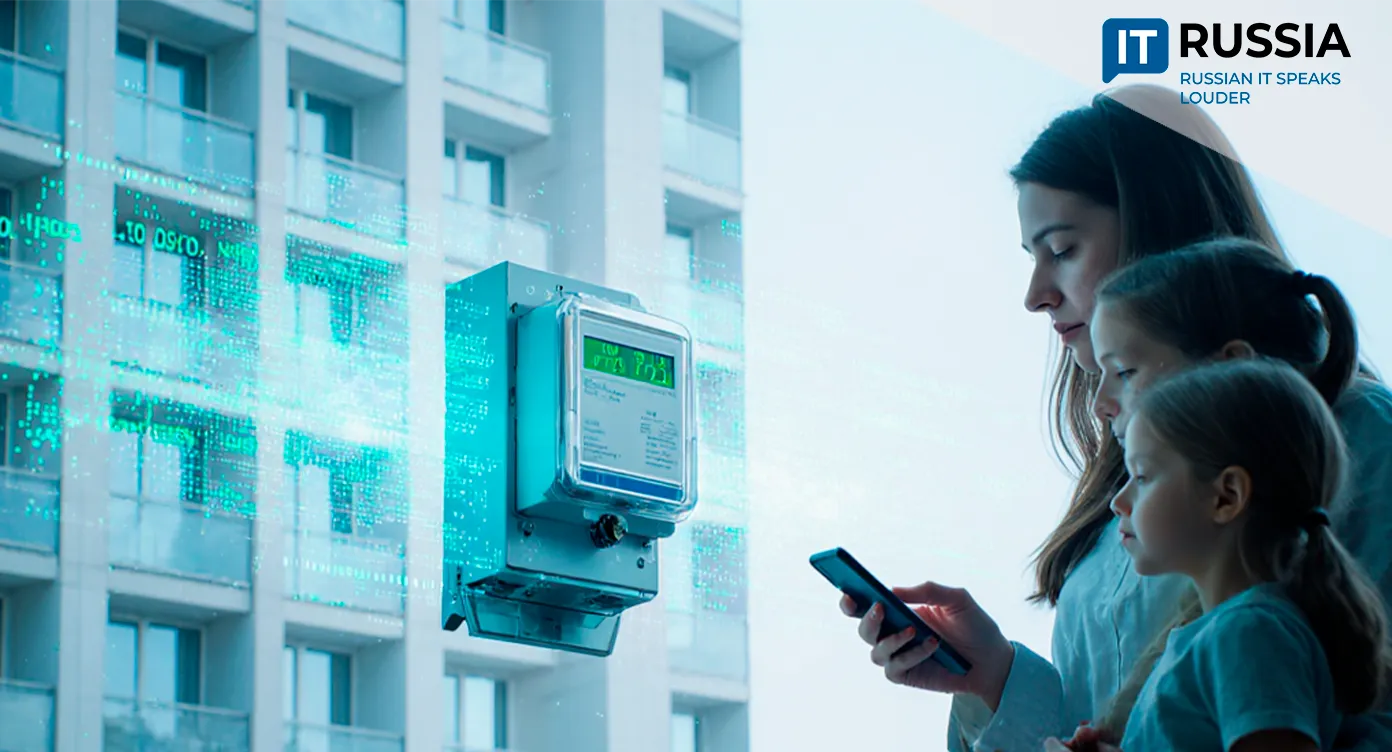In Novosibirsk, Neural Networks Assist in Diagnostics and Implant Design
Doctors in Novosibirsk are adopting AI to deliver more personalized treatment. These technologies, already being tested in practice, could soon spread across Russia, improving both patient outcomes and physician efficiency.
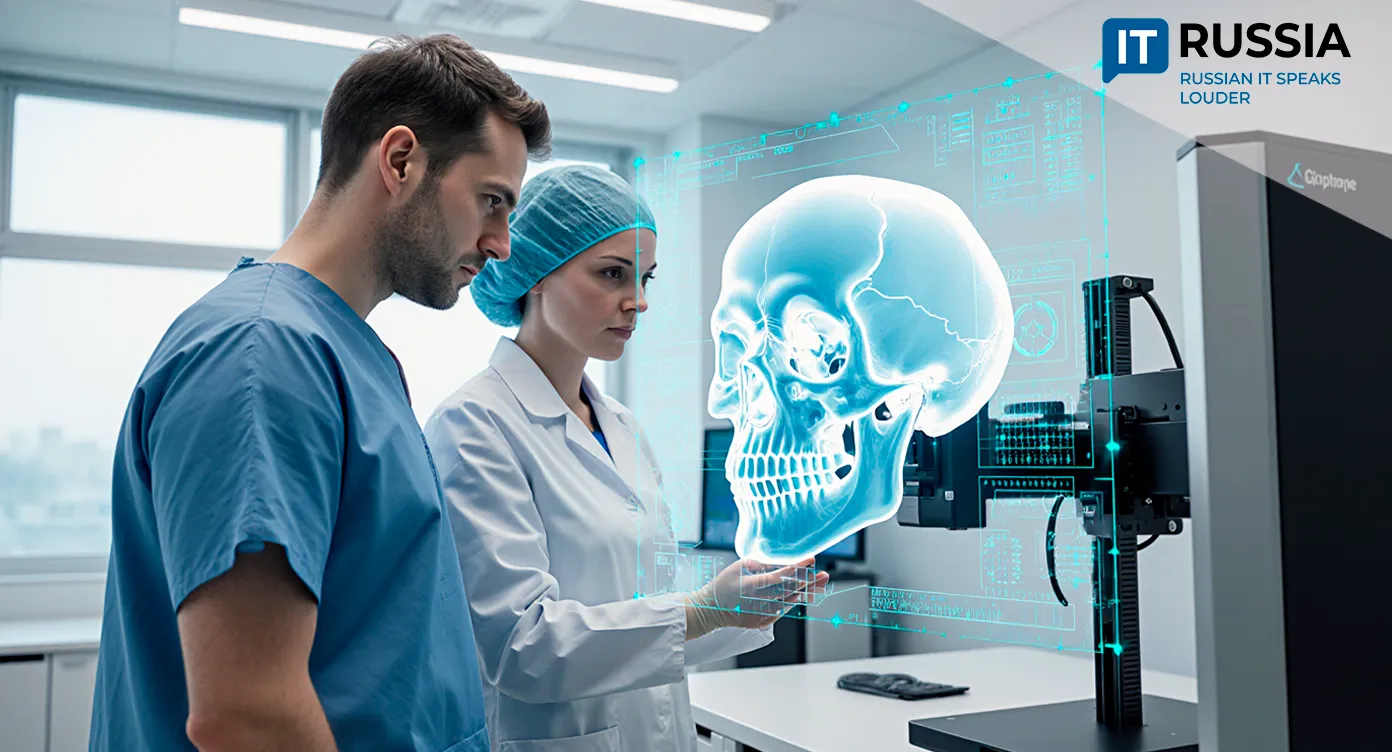
A Growing Market and New Standards of Care
Specialists at the Novosibirsk Research Institute of Traumatology and Orthopedics (NIITO) named after Yakov Tsivyan have begun using neural networks and analytics for pre-diagnostics (based on MRI, CT, and patient histories), surgical planning, and the production of custom 3D implants—including cranial implants. AI helps generate preliminary diagnoses with high accuracy, enhance medical imaging, and design implants from virtual models using patient scans via the Autobone cloud service. It also supports pre-operative planning, post-surgical monitoring, and surgical navigation through the BonaPlanner 2D/3D system.
Currently, about 37% of Russian medical organizations have already implemented “smart” technologies, while another 43% are preparing to do so. At NIITO alone, roughly 200 surgeries have been performed using custom cranial implants. With such momentum, Russia’s AI-in-medicine market could grow from 12 billion rubles ($142 million) today to 78 billion rubles ($925 million) by 2030.
For patients, this means more accurate diagnoses and tailored treatments. For doctors, it translates into automated documentation, streamlined workflows, and reduced routine tasks. Cloud platforms also allow physicians across regions to upload and share patient data.
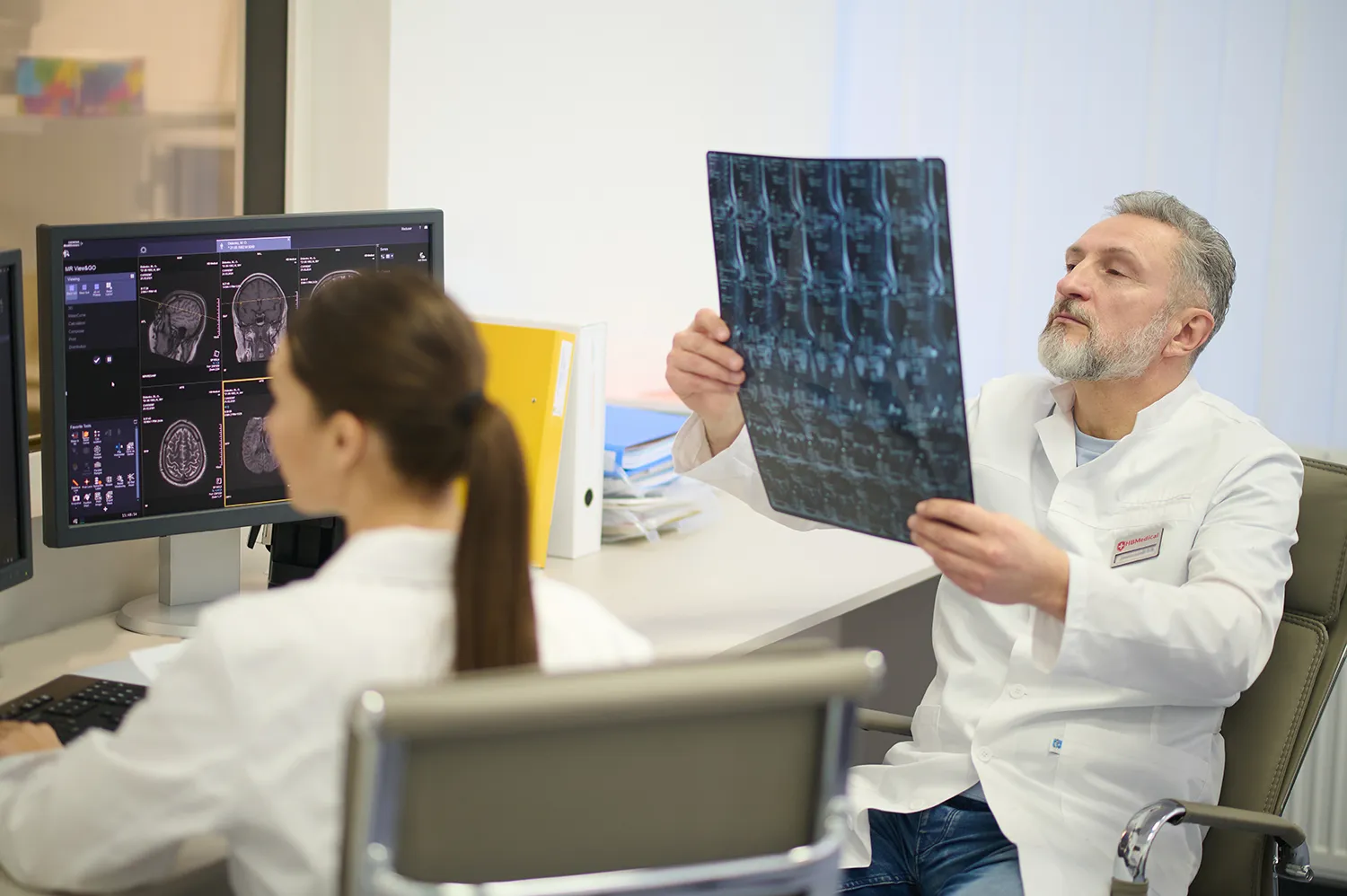
Emerging Applications and International Potential
AI adoption is expected to accelerate in radiology, MRI/CT, and standardized diagnostics across institutions. However, scaling requires a regulatory framework, workforce training (for physicians, biomedical engineers, and AI specialists), and integration of VR/AR environments for education.
If Russian systems comply with global standards, they could also reach international markets. NIITO is already collaborating with foreign partners to share expertise.
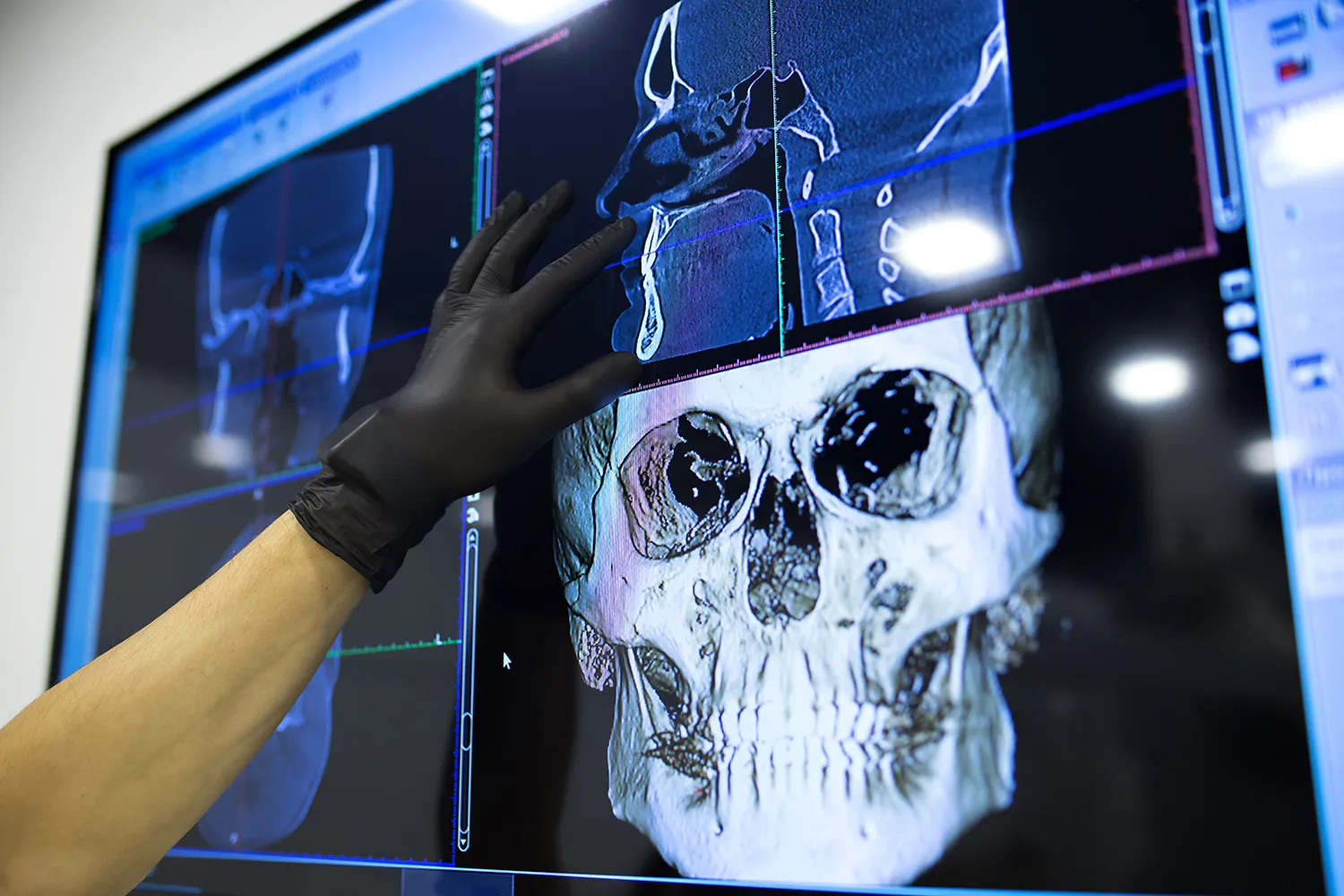
But new technology brings new risks. Questions remain about liability in cases of AI error or implant defects. Large, high-quality datasets are needed, along with system interoperability. High upfront costs for equipment, implants, specialist training, and cloud resources are also key barriers to adoption.
From Concept to Routine Practice
The idea of applying AI in medicine has been circulating for years, but recent advances have pushed it into practice. NIITO previously used neural networks to cut implant design times in half, offering surgeons virtual prototypes. Now, broader AI capabilities are paving the way for widespread use in surgical and diagnostic workflows.
Expanding AI Across Russia
NIITO has emerged as a national hub for advanced medical technologies, integrating AI, analytics, and additive manufacturing. Hundreds of successful surgeries already demonstrate tangible results—improved imaging, enhanced planning, and more precise interventions.
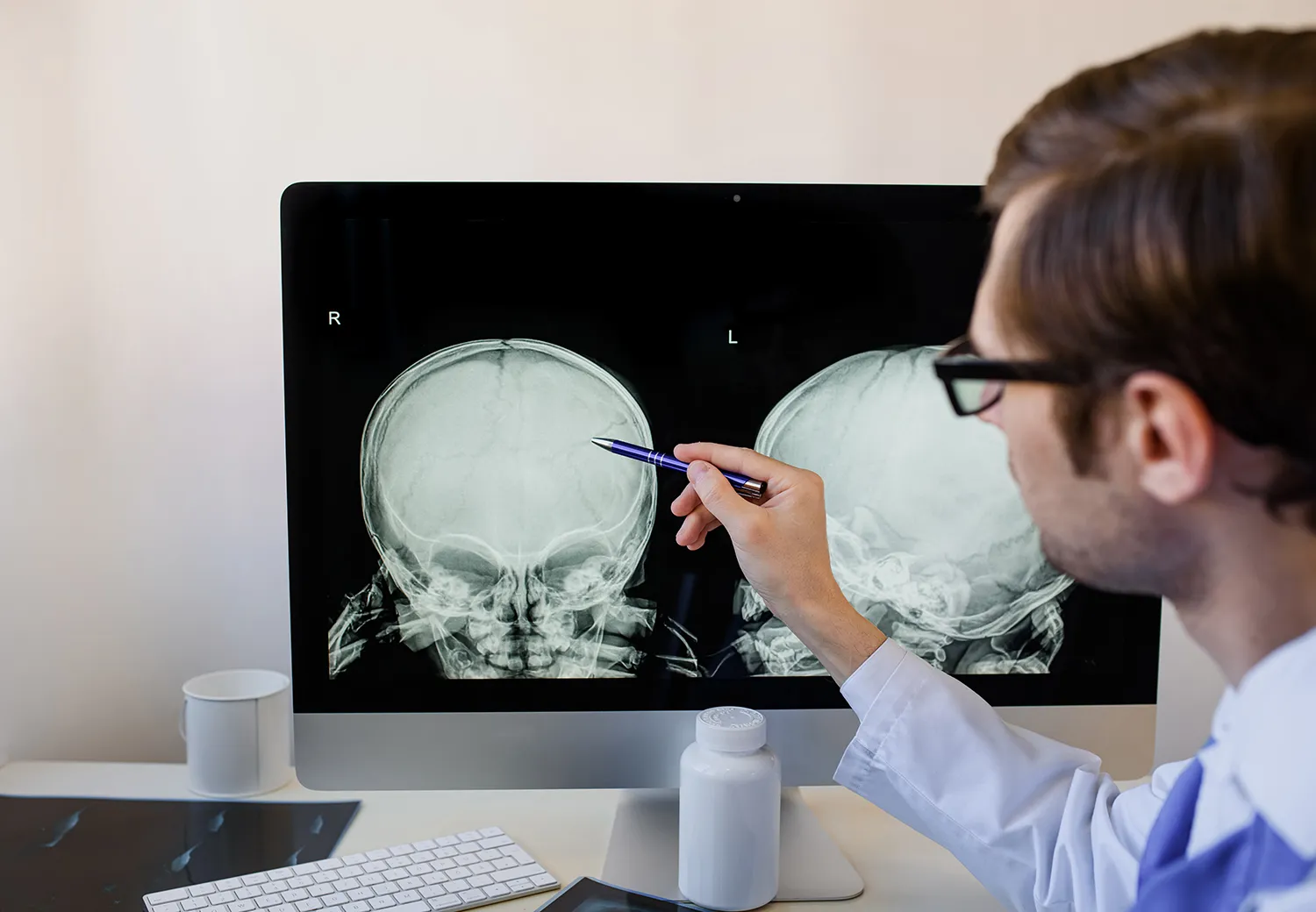
In the coming years, more Russian clinics are expected to adopt these tools, supported by stronger algorithms and, potentially, multi-omics data (such as biomarkers) alongside imaging. National standards and legal frameworks will likely be established to govern clinical use.
If successfully certified, Russia’s medical AI solutions could also gain export potential, strengthening the country’s role in the global medtech market.


